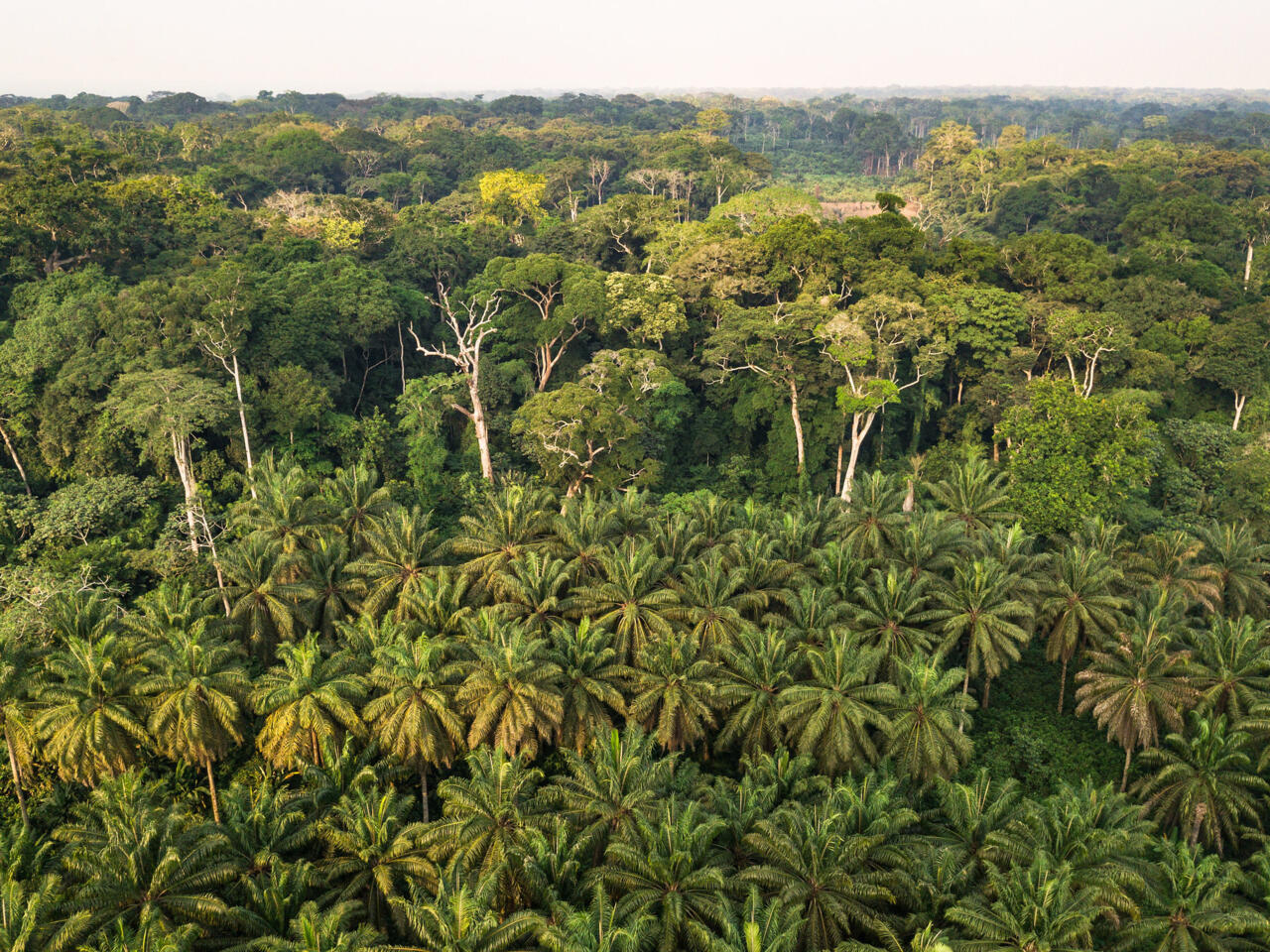Trees, Climate Change And Waste Management

By Ojugbele Omotunde
Trees will continue to be crucial in combating climate change and preserving ecological balance as long as sustainable forest management and conservation initiatives are supported.
When it comes to climate change, trees function as carbon sinks. During photosynthesis, they take in carbon dioxide from the atmosphere and store it in their biomass.
This process lowers the amount of greenhouse gases in the air, reducing the effects of global warming on the environment.
Through photosynthesis, forests release oxygen into the atmosphere, which is necessary for both human and animal life.
They also support biodiversity preservation, ecosystem preservation, water cycle management, and soil erosion prevention, all of which are critical components of a stable climate.
Trees contribute to waste production in a number of ways even though they are crucial in the fight against climate change.
For instance, after trees are cut down for lumber or other uses, leftover wood waste frequently remains and needs to be properly managed.
This wood waste comprises sawdust, branches, bark, and other residues from processing trees. Improper management of these materials can have negative effects on the environment.
The waste cycle is also influenced by the organic matter, twigs, and fallen leaves that trees naturally create and even though this organic waste can break down and improve the soil, too much leaf litter can clog drainage systems and result in flooding, which is particularly problematic in urban areas.
Although the Influence ot trees waste on the environment and advance sustainability, conservation efforts, and the circular economy can be reduced by implementing effective waste management techniques and looking for creative uses for tree waste.
For instance, the waste produced by trees may be recycled and turned into useful materials, wood waste can be used to make furniture, paper goods, or even biofuels through sustainable manufacturing techniques while composting organic waste and fallen leaves can improve soil fertility, encourage plant development, and lessen the need for chemical fertilizers.
